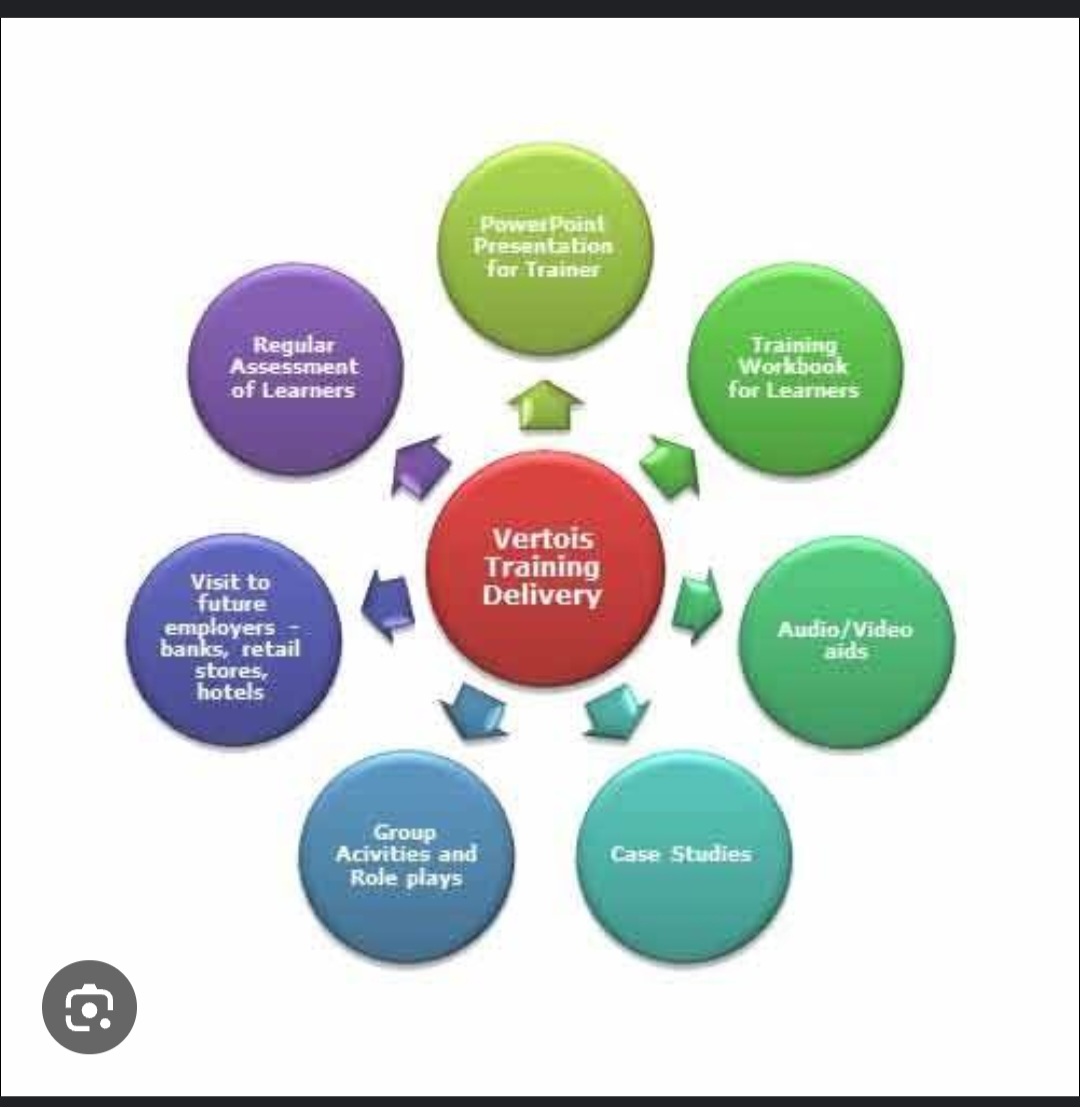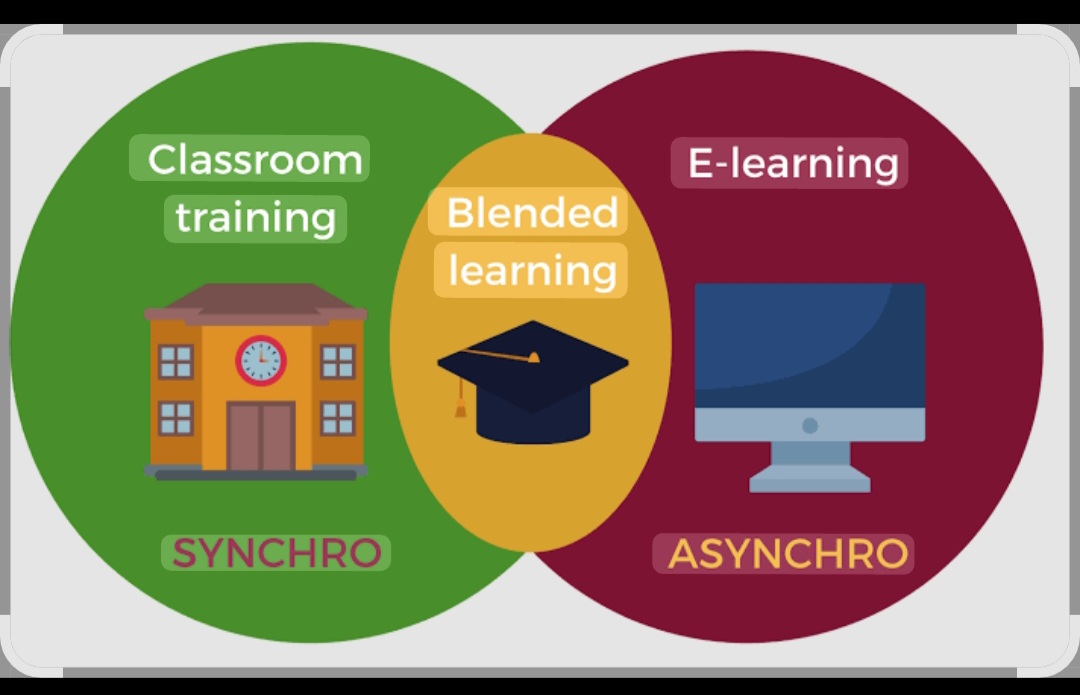
This unit introduces learners to various training methods used in technical and vocational education and training (TVET) and other instructional settings. It equips trainees with the knowledge and skills to plan, select, and apply appropriate training methods to enhance learner engagement and achievement of learning outcomes.
Learners will explore different instructional techniques such as lectures, demonstrations, group discussions, role-playing, simulations, case studies, and e-learning. The unit emphasizes the importance of aligning training methods with lesson objectives, learner characteristics, and available resources. It also encourages the use of learner-centered approaches to promote active participation and retention.
- Teacher: Odel Trainer
- Teacher: Admin User


